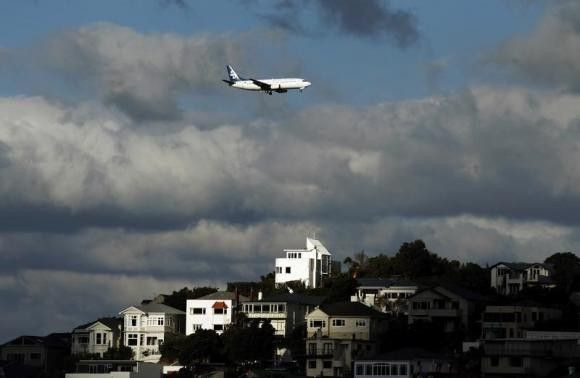UN Report Warns of 'Irreversible' Damage to New Zealand and Rest of the World

The latest UN climate change report reflects a stark warning for New Zealand and the rest of the world. According to reports, the UN panel on climate science said climate change is almost entirely due to man-made activities. The limiting impact of climate change may require the world to have zero greenhouse emissions within the century.
New Zealand's emissions per person in 2011 were the fifth highest in the industrialised world, TVNZ reports. Tim Naish, the Kiwi scientist who helped prepare the UN climate report, said if emissions are not reduced, extreme weather will continue to get worse in the country. His warning to New Zealand is in line with the UN report which strongly suggests that emissions from fossil fuels will have to be down to zero by the end of the century.
The UN report did not specifically indicate what the world would be like without emissions, but it would possibly involve a massive shift to renewable sources to provide power to homes, industries and vehicles.
In 2013, parts of New Zealand had experienced the worst drought in 70 years. Reports said Tasman and Nelson were flooded. Naish warned that the rare coastal flooding may become an annual event by 2100 if no action is taken.
The UN report released in Nov 2 had predicted a 50 percent increase in emissions in the country over the next decade. New Zealand Greens party co-leader Russel Norman remarked that the increase in emissions would be irresponsible if allowed to happen. However, Prime Minister John Key said the government takes climate change seriously and declared that there were a "million ways" to bring down emissions. He added that New Zealand has not seen an electricity power plant in the last six years since he became prime minister.
The UN report also served as a warning to the rest of the world that failure to reduce emissions would lead to "irreversible" impacts on the people and environment. UN Secretary General Ban Ki-moon said "science has spoken" and it's time for world leaders to act.




















